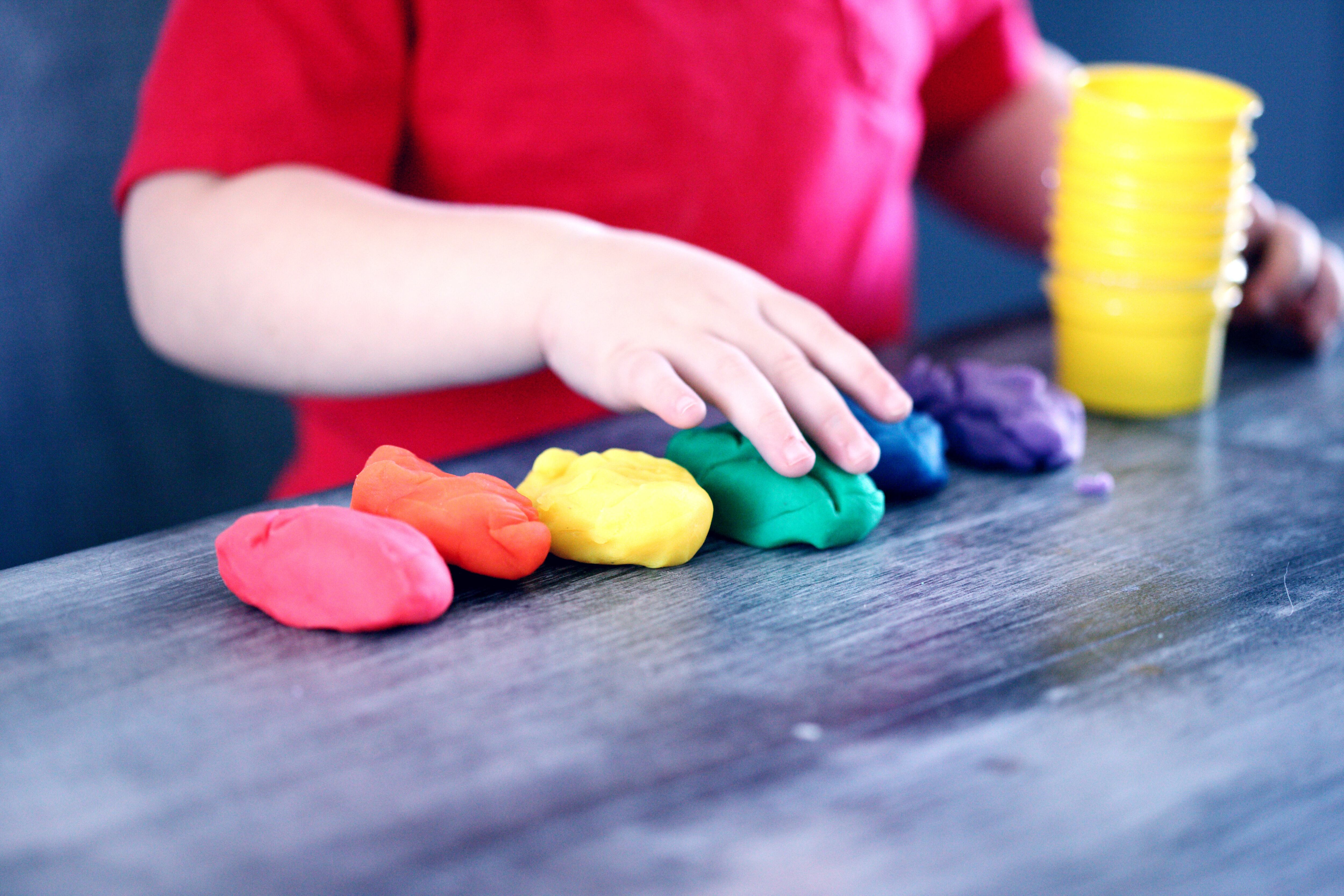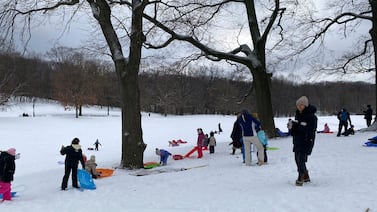Early childhood education providers from Philadelphia and around the region warned Thursday that many are in danger of going out of business unless the state changes how they are subsidized.
As part of an online “speakout” on Zoom, 81 child care providers said they had lost a collective $1.4 million in state funding last month, when a reimbursement formula changed. The formula had been based on pre-pandemic enrollment, but has switched to actual attendance. They described the effect as “devastating.”
“This is a statewide issue, not just for Philadelphia,” said Mary Graham, executive director of Children’s Village, which is located in Center City.
Most of the centers in Philadelphia survive on state subsidies, supplemented by parent copays. Some also have clients who pay full tuition. All this income was affected, they said.
Providers said they are suffering a “triple whammy” of losing staff, losing money, and losing enrollment — all while pandemic-related costs are soaring.
Provider after provider described how their enrollment has plummeted while their expenses have increased due to the impact of COVID-19. In addition to the need to purchase personal protective equipment, or PPE, the centers also had their maximum capacity decreased by social distancing requirements. Many have already laid off staff, including some in whom they have invested so they can obtain more credentials.
Statewide, more than 300 providers have closed permanently and 400 others are temporarily closed, said Donna Cooper, executive director of Public Citizens for Children and Youth, an advocacy group. At least 60 of those closures have occurred in Philadelphia.
Like schools, most child care centers closed abruptly in mid-March when the virus started to spread. According to a survey by the National Association for the Education of Young Children, since then enrollment in child care centers is down 66%. A study from Pennsylvania State University estimated that centers in the state lost $325 million from a combination of lost revenue and increased costs.
From March through August, the subsidy for state programs, primarily Child Care Works, was based on the center’s pre-pandemic enrollment. Then the state Office of Child Development and Early Learning, or OCDEL, said that starting in September, it would reimburse based only on actual attendance. Providers received their September checks this week.
A spokesperson for the state Department of Human Services, of which OCDEL is a part, did not return a call asking for comment.
State officials previously said that they expected the child care centers to fill many of their seats with school-age children who utilized centers all day, not just after school.
While some of that happened, it wasn’t enough to make up for the losses. Susan Kavchok, executive director of Childspace, said that her two centers, in Germantown and Mount Airy, lost $16,000 last month due to the change in reimbursement policy. She said she does have some school-age children for a full day, but that only cut her losses in half.
“Our losses would have been double that amount if not for the full-day services,” she said.
Besides their role in maintaining a health economy by allowing parents — especially women — to maintain their jobs, center directors said that they also provide a critical service for low-income families and neighborhoods.
Damaris Alvarado of Children’s Playhouse said her two South Philadelphia sites had capacity for 280 students and were usually full with a waiting list. Today the sites enroll 200 students, or 72% of capacity. This has put their survival in danger, she said, which would be a blow to the local community.
Alvarado said the centers often connect families to other services and provide meals, diapers, and educational resources. Many of the families are immigrants, she said.
“We are a lifeline for them,” she said.
Brightside Academy has 33 centers in some of Philadelphia’s neighborhoods with the largest numbers of low-income families. Aliya Brown, a senior director who runs the center at Kensington and Allegheny, said: “If this policy is not reversed, I don’t see how we can stay open.”
Cooper, who had been policy director for former Gov. Ed Rendell, said she doesn’t believe state officials understood the implications of the policy.
“Now they do, and they need to rethink it,” she said.






